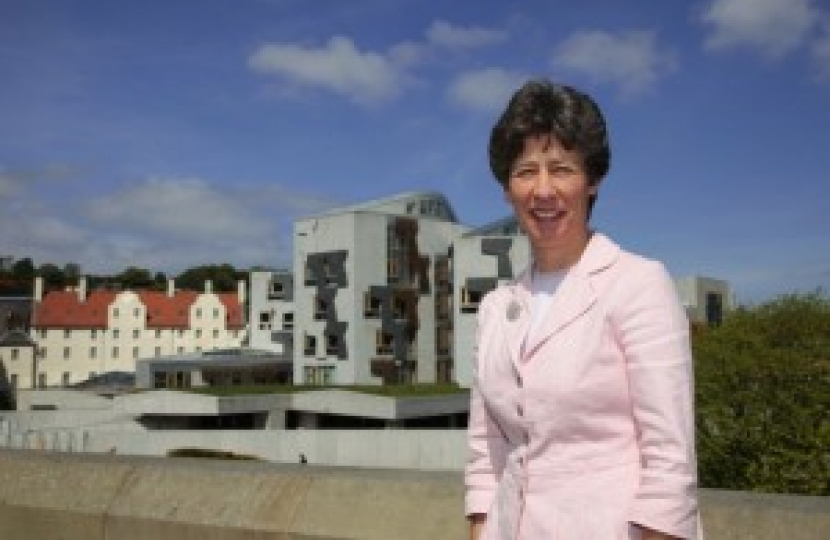
Lesley Scott, of the Young ME Sufferers’ Trust, said the practice of named person “bears no resemblance to that in legislation” and suggested the law could actually make life more difficult for young people.
Writing for Third Force News, she pointed out how parents were often at odds with local authorities if their child had a health condition, particularly something for which there is no cure like ME.
But she added, under the policy, parents had to be “compliant with treatment for any illnesses, diseases, chronic conditions and impairments”.
She said: “This reveals the compulsion at the heart of the state guardian scheme which, rather than seeking to assist in accessing services, imposes state-directed actions to meet state-mandated outcomes. Furthermore, parents having a different perception of the problem, not accepting all concerns raised by the professionals, or not engaging with the process, are logged as ‘risks’ to their child’s wellbeing.”
The charity is the latest to add its concerns to the named person scheme, which was again backed by the SNP and Labour in Holyrood last week.
That means it will be rolled out in August, even though social workers, teachers, the police and experts have stated those tasked with implementing it won’t be ready.
Scottish Conservative shadow education secretary Liz Smith said:
“This piece makes an extremely important point about the opinion of a named person being more important than that of the parent in the eyes of the law.
“As she rightly states, when a parent is at odds with a school or local authority about their child’s care or support, anything the state guardian says will trump their own views.
“It’s yet another reason to stop this intrusive and unpopular scheme in its tracks.
“It will interfere unreasonably in family life, and dilute resources for those who need help the most.
“The SNP has made a complete mess of this and is sticking to its guns in the face of growing adversity.
“Unfortunately, Labour seem happy to wave this through despite pretending during the election campaign to have its own concerns.”
